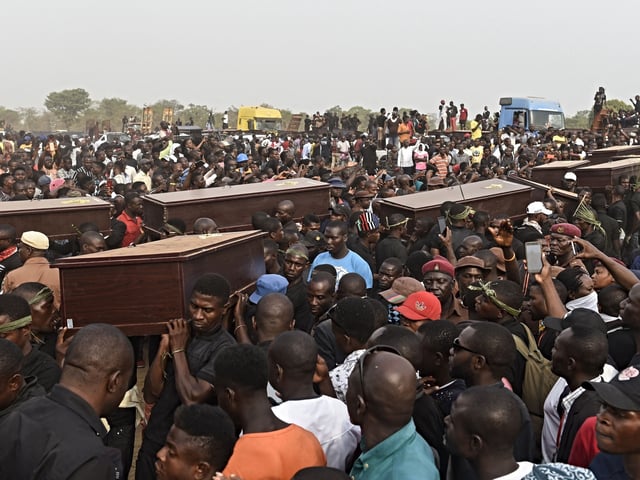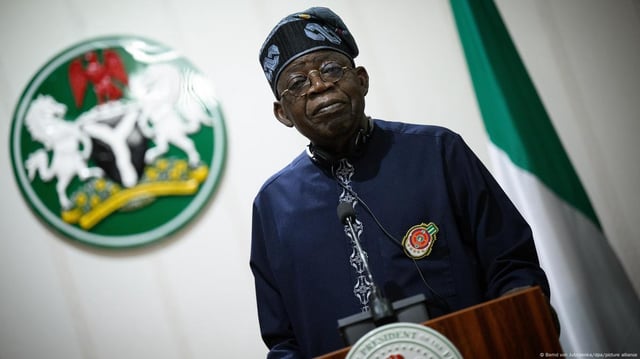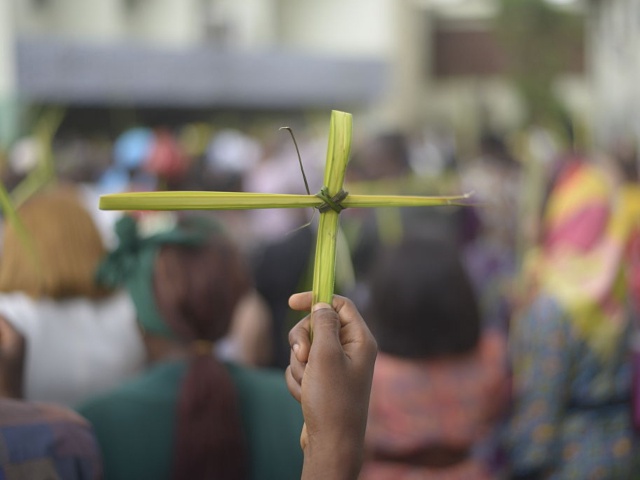Overview
- At least 51 people were killed in coordinated attacks on Zike and Kimakpa villages in Nigeria's Plateau state early Monday morning, with mass burials underway.
- The violence follows an earlier attack less than two weeks ago in the Bokkos area, which left between 48 and 52 dead, marking an alarming escalation in the region.
- Local authorities and Amnesty International have condemned the attacks, urging independent investigations into security lapses that have allowed such violence to persist.
- The conflict is rooted in long-standing land disputes between Muslim Fulani herders and predominantly Christian farmers, exacerbated by climate change and weak law enforcement.
- Thousands have been displaced by the ongoing violence, with communities facing significant trauma, loss of life, and the destruction of homes and livelihoods.



